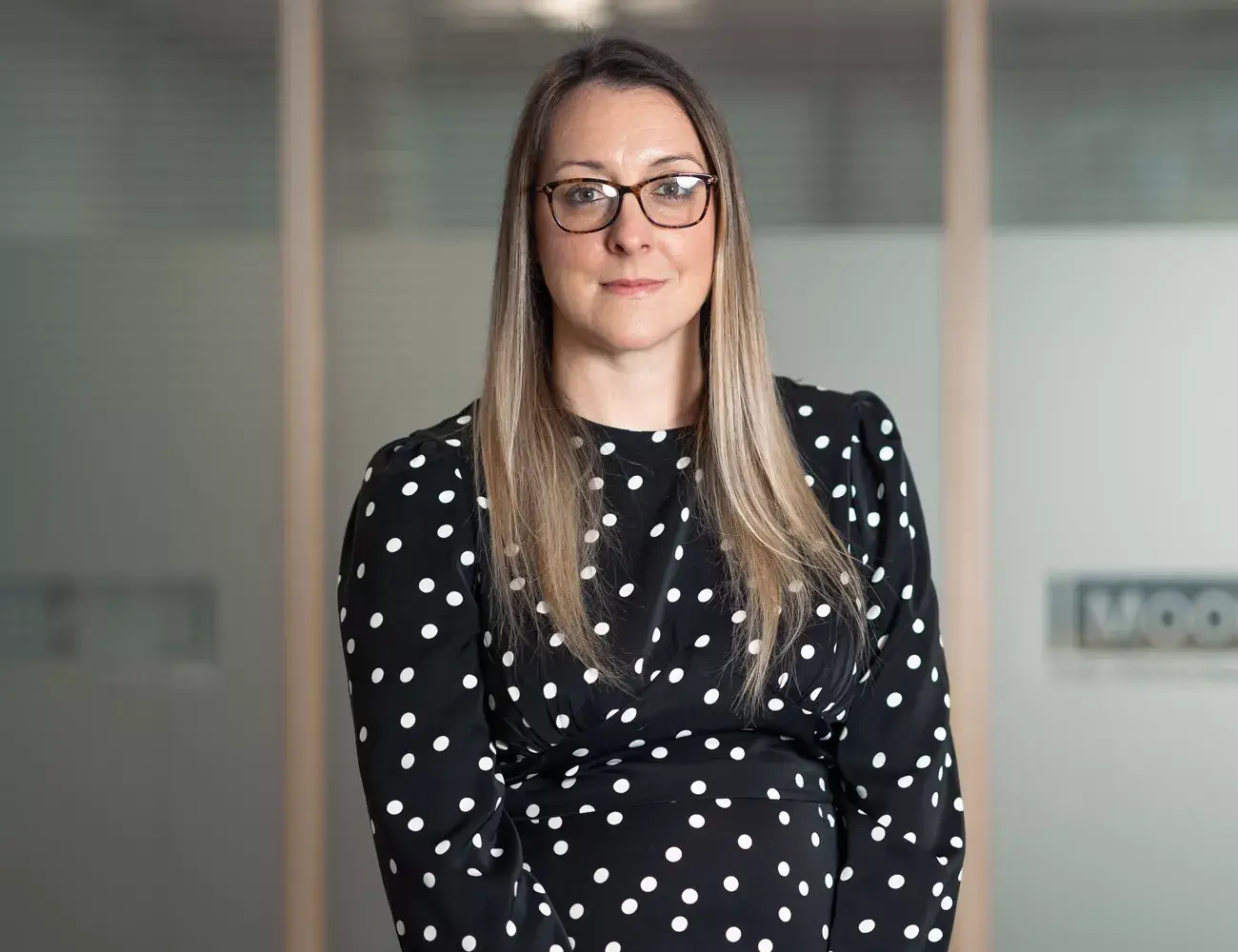Delayed Cancer Diagnosis & Cancer Misdiagnosis Solicitors
Mooneerams medical negligence solicitor partners are experts in delayed diagnosis of cancer claims and cancer misdiagnosis claims.
If you or a family member have suffered from negligent treatment following a misdiagnosis of cancer, our medical negligence team can help you bring a claim for compensation.
Cancer survival rates have doubled in the past forty years, with 50% of people diagnosed with cancer surviving the disease for over ten years. There is a considerable variation in survival rates between the various types of cancer. However, with any malignant disease, the sooner it is diagnosed, the more likelihood there is of achieving the best outcome.
The National Institute for Health Care and Excellence (NICE) is a body that provides national health and social guidance for different areas of healthcare. In late 2021 it updated its pre-existing advice about the procedures to be followed for patients suspected of having cancer, including guidance on when to refer the potential cancer patients to a consultant, together with time limits for doing so.
If doctors don’t follow the correct procedures or delay in doing so, there will inevitably be a delay in the diagnosis of cancer.
How serious the effect of the delay proves to be will depend on the length of the delay. Untreated cancer is only likely to get worse and spread to other body parts. In worst-case scenarios, untreated cancer may become terminal.
Am I owed a duty of care as a patient?
Medical practitioners, e.g., doctors, nurses and midwives, and institutional health providers, e.g. NHS hospitals and private hospitals, owe a duty of care to their patients.
If a medical professional breaches a duty of care, the victim of that breach may seek legal advice about bringing a late cancer diagnosis claim. The prospective claim will be against the individual practitioner or the health providers.
How do you prove there has been a breach of duty of care?
By proving that the course of action the health practitioner took was not supported by any ‘reasonable body of medical opinion’.
Suppose the NHS or the private hospitals’ insurers deny liability in a claim brought against them for medical negligence caused by delayed diagnosis. In that case, you will need to obtain independent expert medical evidence to prove the course of action taken by the health practitioner is not a method supported ‘by any reasonable body of medical opinion’.
Your legal expert will arrange for the relevant medical evidence to be obtained as part of the medical negligence claim process.
What else do I have to prove to be in with a chance of making a successful late cancer diagnosis claim?
To have reasonable prospects of success when bringing a delayed cancer claim, you must prove the breach caused you to suffer injury and loss, and you must also be able to prove the extent of the loss you wish to claim.
What would constitute injury or loss in a cancer negligence case?
Proving injury or loss is not straightforward in medical negligence claims where delayed or misdiagnosed cancer is alleged. Much will depend upon the exact staging of the cancer at the time of diagnosis (including whether the cancer had become metastatic), compared to the estimated staging when it should have been diagnosed (often based on doubling rates).
Let’s say you received a late cancer diagnosis because your doctor was negligent, and symptoms were missed or misdiagnosed. However, it transpires your cancer would still have had the same symptoms even had it been promptly diagnosed.
The doctor’s negligence has not led to a worsening of your condition, so you probably have nothing to claim.
However, if the delay in detecting and treating your cancer results in:
- operable cancer now becoming inoperable
- unnecessary pain and suffering
- undergoing surgery that should not have been necessary
- reduced life expectancy
- psychological injuries caused by increased distress for the victim and family
- a requirement to undergo chemotherapy or radiotherapy which would not have been necessary if there had been a more prompt diagnosis,
you have likely suffered injury and loss as a result of the delayed or missed diagnosis of cancer and you will have the basis of a claim for compensation.
There are many potential consequences of late and misdiagnosed cancer. Our expert misdiagnosis of cancer claims lawyers will provide legal advice on whether you have grounds for making a claim for compensation.
Call Mooneerams now on 029 2048 3615 or contact us by using our online form.
What can I claim for in a delayed cancer diagnosis claim or a cancer misdiagnosis claim?
You can claim for the pain, suffering and loss of amenity you have suffered as a victim of medical negligence due to delayed diagnosis or misdiagnosis of cancer. In effect, this is the ‘injury’ aspect of your claim.
Solicitors refer to compensation for pain, suffering and loss of amenity as a claim for general damages. ‘Loss of amenity’ refers to the payment you will receive in a successful compensation claim and is intended to compensate you for the effect the injury, pain, and suffering has had on your day to day life.
As well as compensation for the injury side of your claim, you can also claim for ‘special damages’.
These are losses already incurred and items you will necessarily incur in the future, such as care and medical treatment costs.
A typical claim for special damages in a misdiagnosed cancer compensation claim could include:
- Loss of earnings and anticipated future loss of earnings
- A claim for damages for ‘lost years’ (if as a result of the negligence you now have a shortened life expectancy)
- Medical fees
- Rehabilitation costs
- Care costs
- Travel expenses
- Cost of medical aids and equipment
- Costs of adapting home and/or transport, if necessary, as a result of your change in circumstances
- In a fatal accident claim where the victim of negligence has died as a result of delayed or misdiagnosed cancer, the deceased’s estate/dependants may pursue a claim for dependency if their loved one died within three years of the date of knowledge i.e., the date they became aware that the treatment they received, or didn’t receive but should have, was negligent.
You can claim for losses which are necessary and reasonable, and which have been or will be incurred because of the consequences of the clinical negligence you have suffered.
What are the main causes of late cancer diagnosis or misdiagnosis of cancer?
- GPs who fail to spot the symptoms of cancer
- GPs misdiagnosing symptoms of cancer as something less serious
- GPs failing to refer patients with cancer symptoms for tests or scans or an appointment with a consultant
- Misinterpretation of test or scan results
- Delays in getting test or scan results
- Providing the wrong treatment
- Delays in following up after test results, a consultant’s appointment or another process in the cancer diagnosis and treatment pathway
- Clerical and admin errors in not booking appointments or ordering the right (or any) tests or scans.
- Miscommunication between healthcare professionals
What types of cancer are at most risk from a delayed diagnosis or misdiagnosis?
Some types of cancer seem more prone to misdiagnosis than others, with breast cancer, the most common form of cancer and lung cancer, where the symptoms often only come to light at an advanced stage, being the two most obvious.
However, late and misdiagnosed cancer claims have been made for the following types of cancer:
- Breast cancer
- Lung cancer
- Ovarian cancer
- Prostate cancer
- Bowel cancer
- Melanoma
- Skin cancer
- Pancreatic cancer
- Cervical cancer
- Testicular cancer
- Liver cancer
This list is not exhaustive. Should either you or one of your family suffer injury and loss because of a late diagnosis of any type of cancer, contact Mooneerams Solicitors on 029 2048 3615 to get advice on the prospects of making a successful delayed cancer diagnosis claim.
Can I get No Win No Fee for a delayed cancer diagnosis claim?
Getting legal costs funding in place before you bring a medical negligence compensation claim is vital. You can no longer get legal aid for most clinical negligence claims.
Before taking on your claim, our medical negligence solicitor partners will discuss with you how to fund your claim.
Sometimes people have legal expenses insurance cover as one of the benefits of existing insurance, e.g., household insurance. You may have this type of cover without even knowing it.
We’ll go through any insurance policies you have to see if they have legal expenses attached and, if they do, whether it is suitable.
If you don’t have legal expenses insurance, there is another solution.
Our clinical negligence experts regularly handle cancer misdiagnosis claims on a no win no fee basis. The main benefit of using a no win no fee arrangement is that you will not have any legal fees to pay if you do not win your claim.
How do I go about making a delayed cancer diagnosis compensation claim?
Call Mooneerams solicitors on 029 2048 3615 to arrange a free initial consultation with one of our clinical negligence experts.
They’ll talk to you about what has happened and listen intently to what you tell them. The solicitor will explain the next step if there appear to be reasonable prospects of winning your claim. It may be that further investigations are required. Alternatively, they may be able to start a claim for you straight away. You will not be under any obligation to take your claim further with us. The choice will be entirely yours.
There is a time limit for bringing a late cancer diagnosis compensation claim. You have three years within which to start a medical negligence compensation claim in most cases. Time starts to run from the date of negligence, or the date when you became aware you had been the victim of negligence.
In the case of a child who suffers as a result of a delayed cancer diagnosis, the ‘limitation period’ starts to run on their 18th birthday.





















